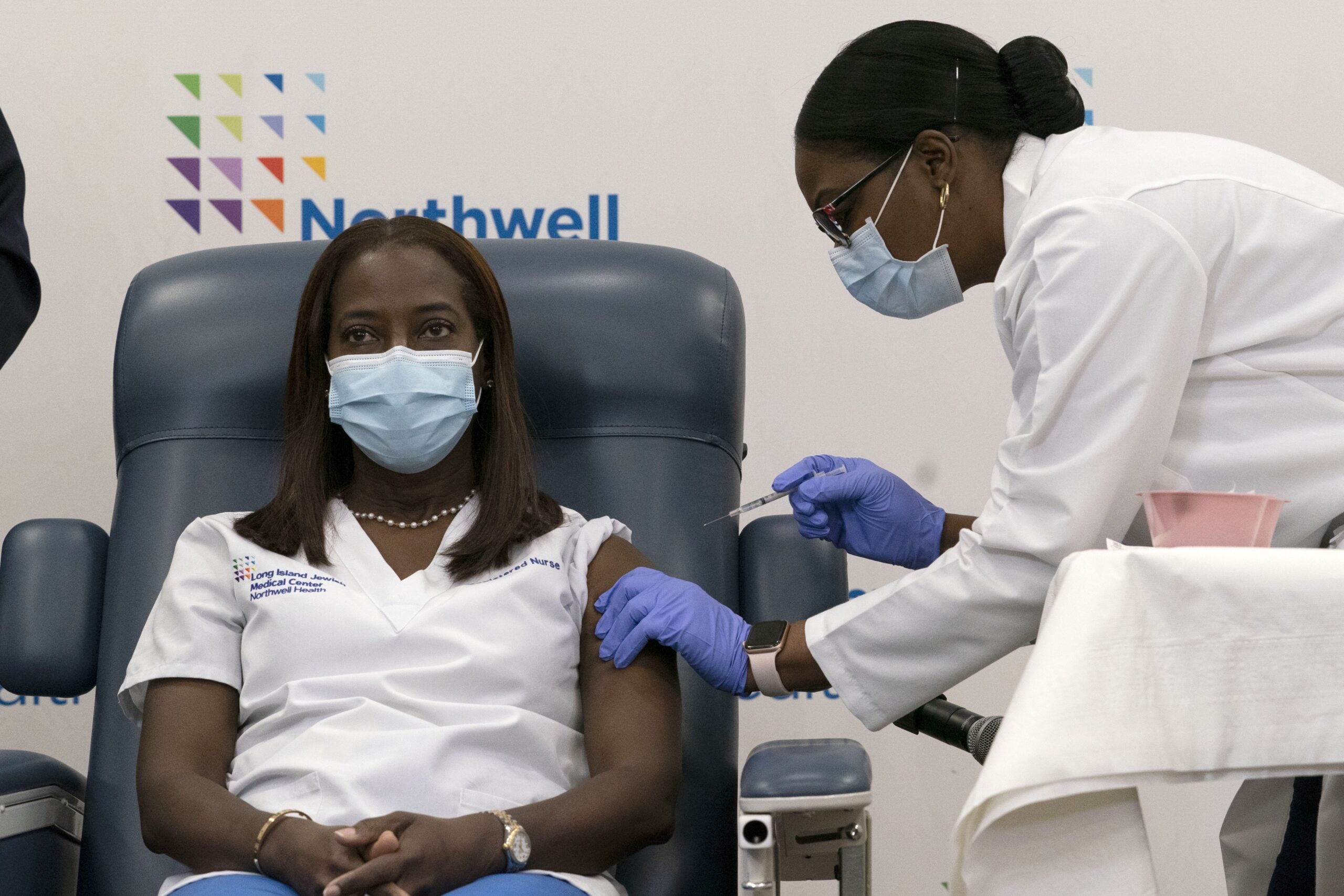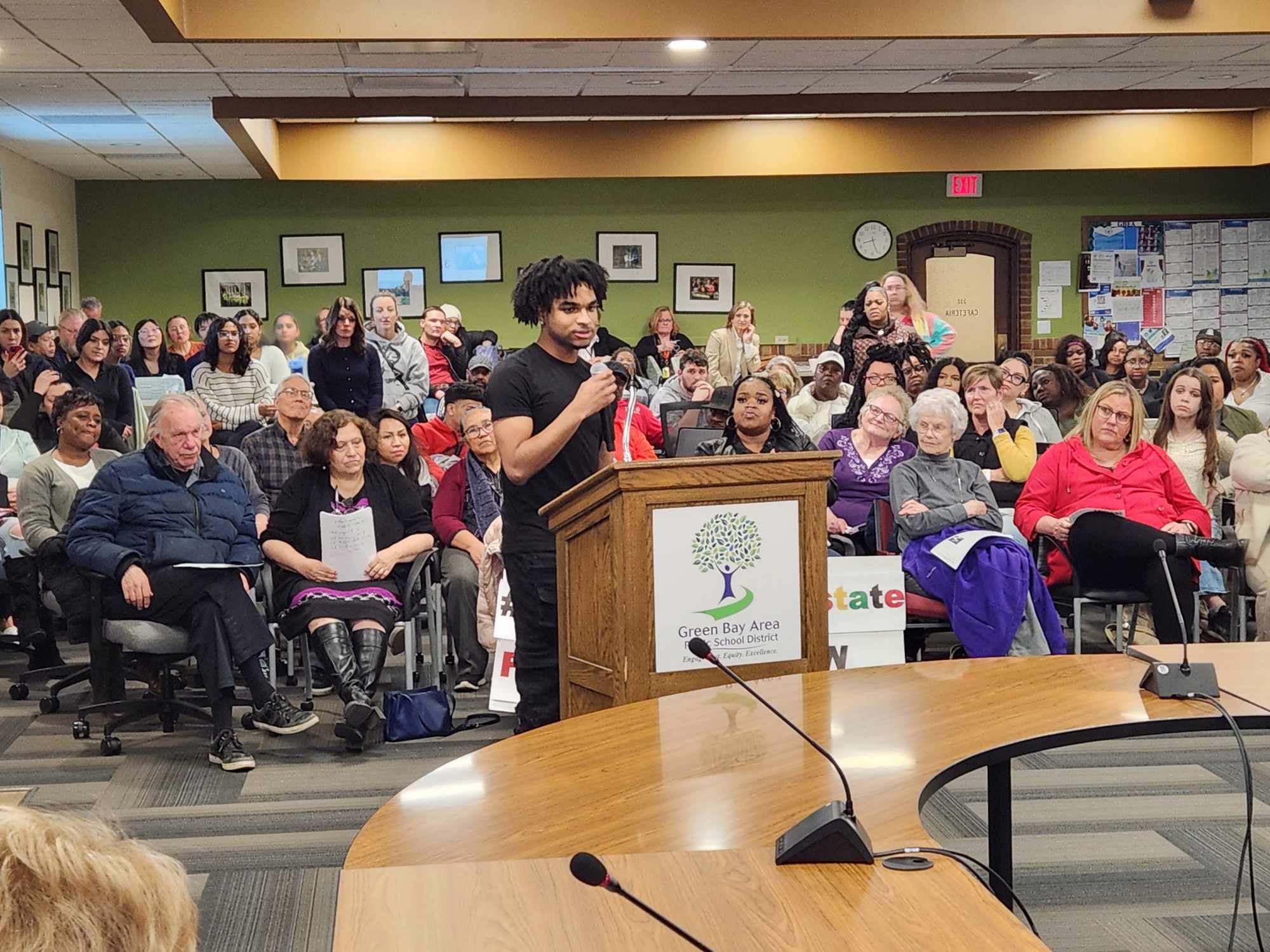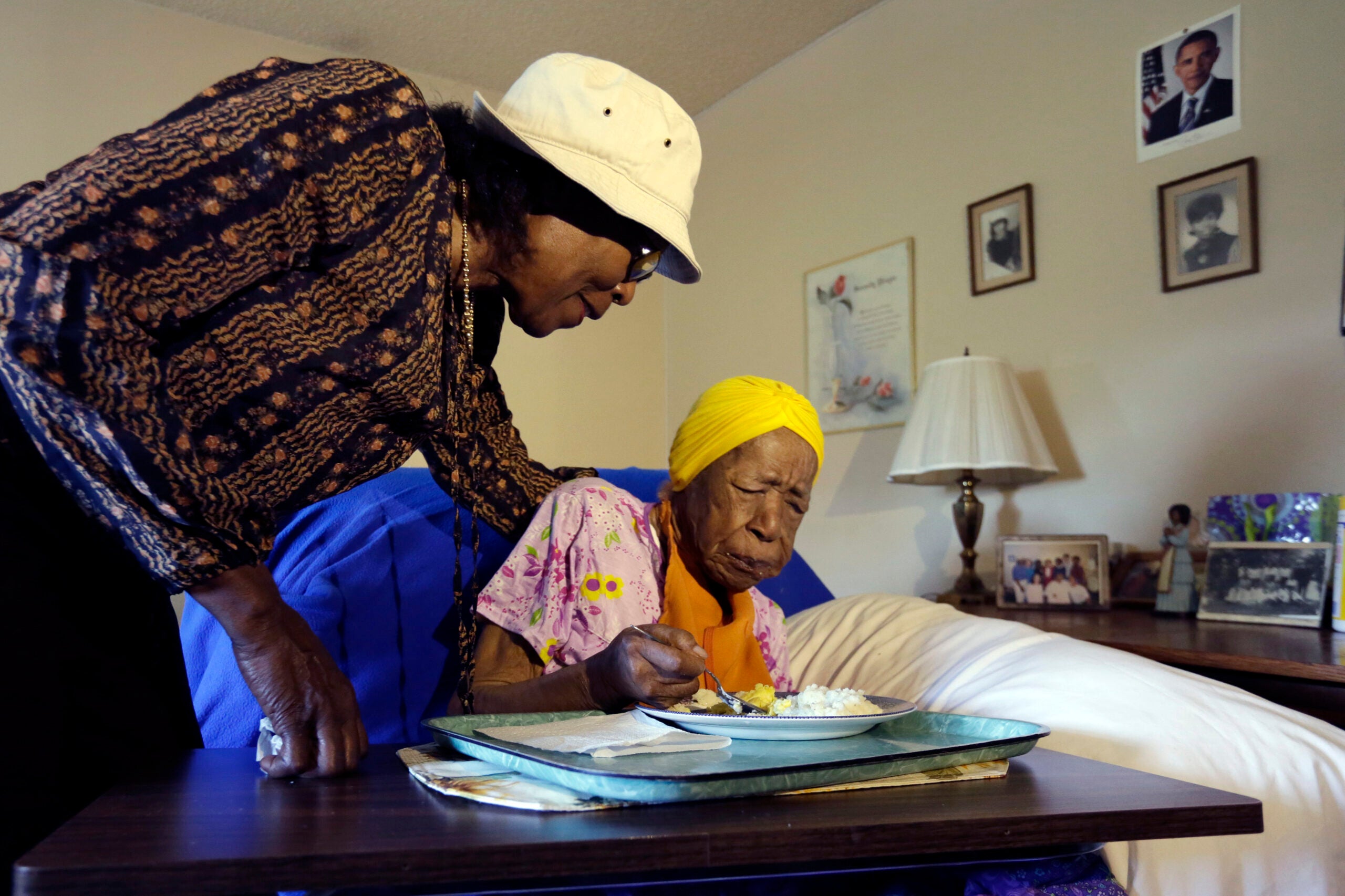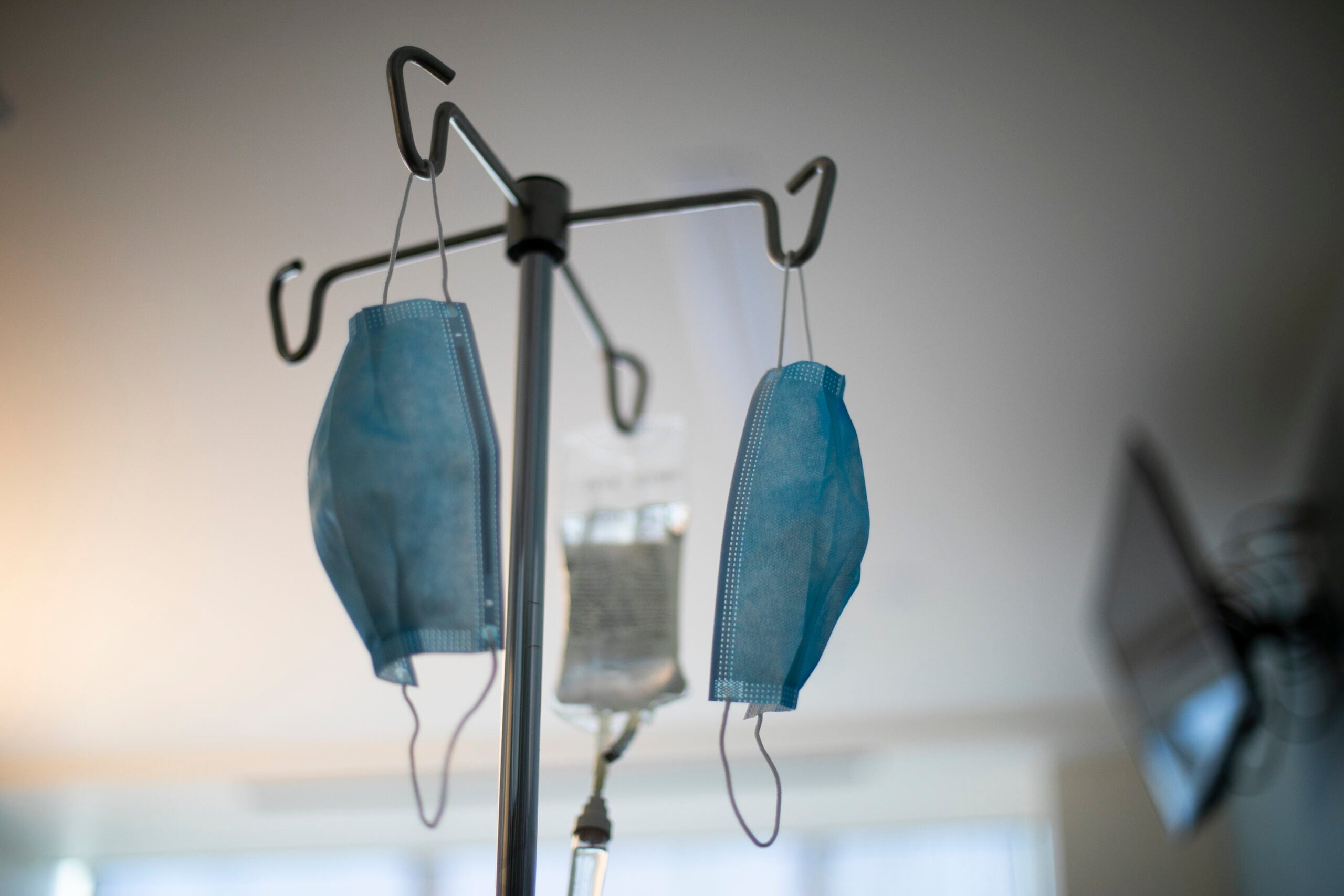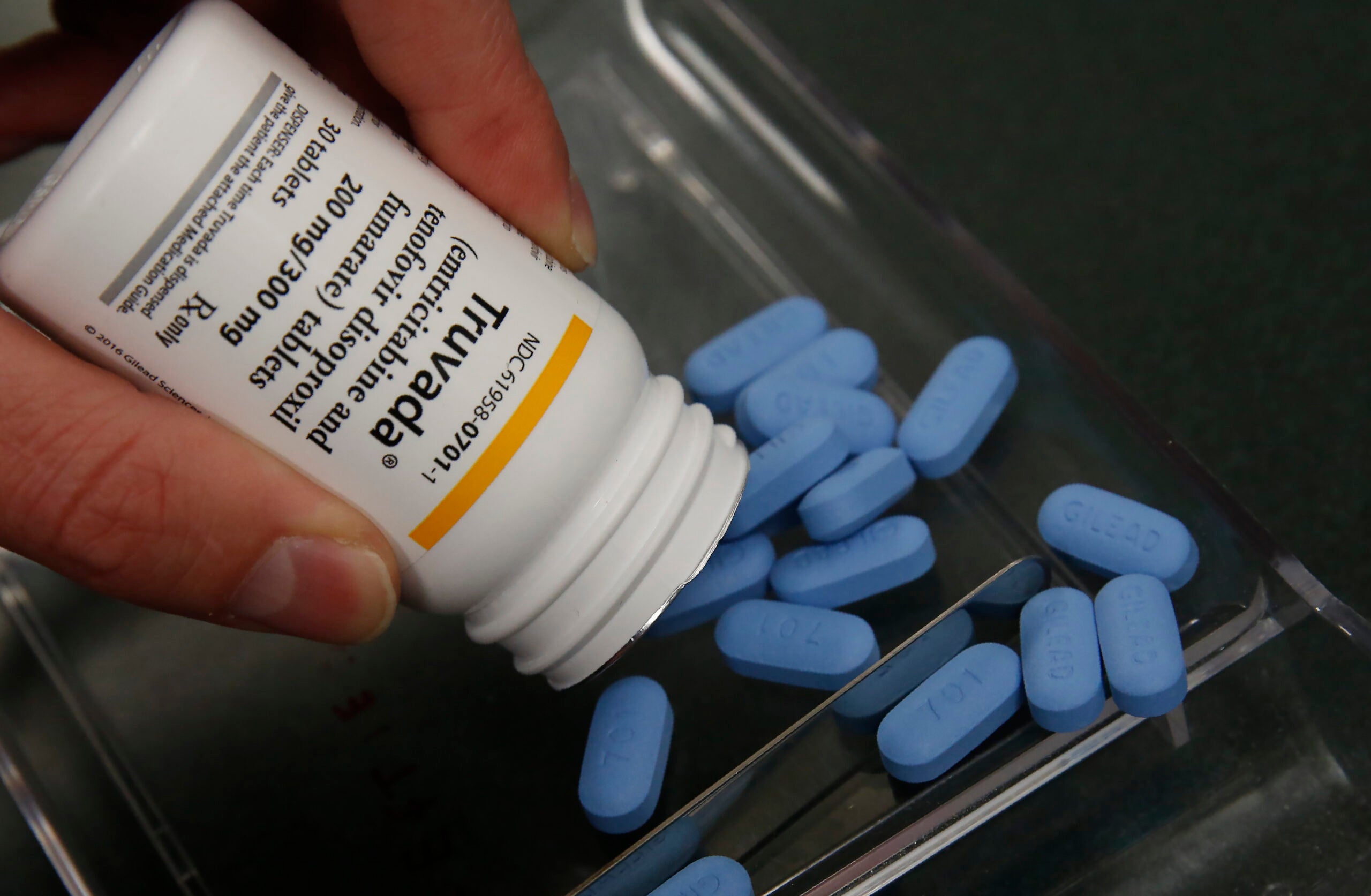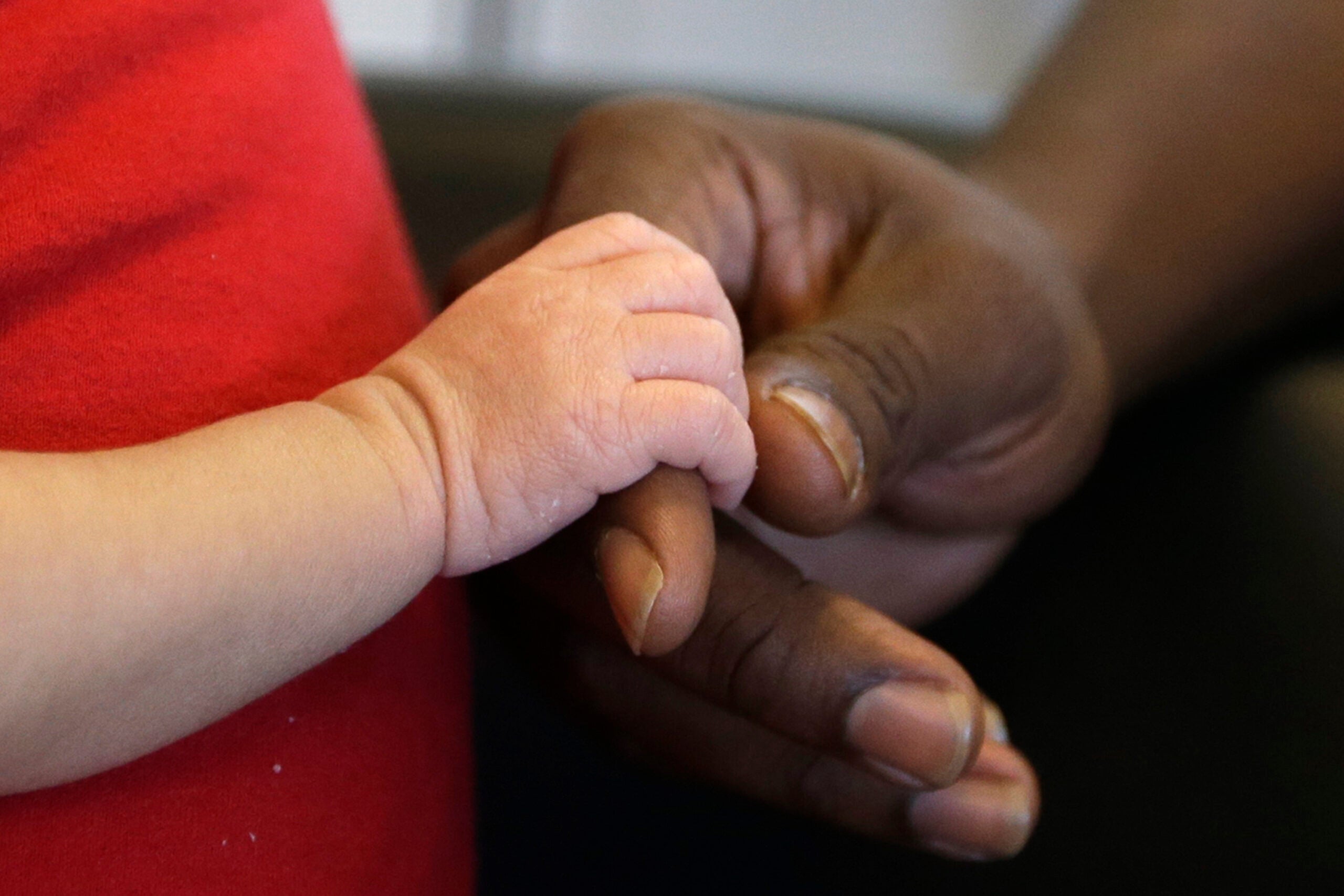As of Jan. 12, more than 540,000 people have been fully vaccinated against COVID-19 in the United States since the first dose was administered on Dec. 14.
Yet millions more still need to be vaccinated before the country reaches herd immunity. Public health experts have long been concerned about people opting out of taking the vaccine because of mistrust or unfounded safety concerns.
That concern is particularly high among communities of color, where COVID-19 has had a disproportionate impact and years of discrimination and malpractice has sowed distrust toward the medical field.
Stay informed on the latest news
Sign up for WPR’s email newsletter.
Dr. Patricia Tellez-Giron and Shiva Bidar, co-chairs of the Latino Health Council in Madison, have spent years working to rebuild that trust within their community, and the last 10 months focusing on COVID-19.
The first step to rebuilding that trust is acknowledgment of the past, said Bidar, who is also the vice president and chief diversity officer at UW Health.
“That mistrust is based on real experiences that have happened in our communities of color and it’s difficult and sad to really think about how harmful that has been,” she said. “It is still something that’s very present in the minds of our communities of color.”
Medical practitioners need to approach communities of color from a place of humility and recognize that all communities have different experiences, Bidar said.
“Oftentimes, the way that we have done this education has been really top down — here’s the information … we have the medical knowledge, believe us. Automatically you should believe us because we are the experts,” she said.
Communities are experts of their own experiences and history, Bidar said, and there needs to be two-way conversations that listen and respond to a community’s concerns. Having trusted medical professionals that understand experiences within communities is crucial.
Tellez-Giron, a family medicine physician at UW Health, said just providing information about health care isn’t enough.
“I not only work for them, but I live in their community,” she said. “I go to the stores that they do and I see what is happening and how their lives are. And I have lived some of what they have lived because I’m also an immigrant and I have come to this country and started over.”
Representation was one of the driving forces behind Bidar’s choice to participate in a clinical trial for a vaccine made by AstraZeneca, she said.
“One of the conversations in communities of color often is about the lack of representation in clinical trials,” she said. “Our communities end up not trusting the medication, or a vaccine in this case, because we don’t see ourselves represented in the people that participate in the clinical trials.”
Throughout history, new scientific findings and treatments have gone to people of privilege, Bidar said.
The first person vaccinated at UW Health was a Black respiratory therapist who saw value in bringing a face and voice to communities of color about choosing to get vaccinated, she continued.
“What you say in the microphone matters,” Bidar said. “To really have these community leaders and health care providers … use their voice as a megaphone to say we are health care providers and we’re making that choice and we are from our own communities of color, makes a difference.”
Wisconsin Public Radio, © Copyright 2024, Board of Regents of the University of Wisconsin System and Wisconsin Educational Communications Board.

